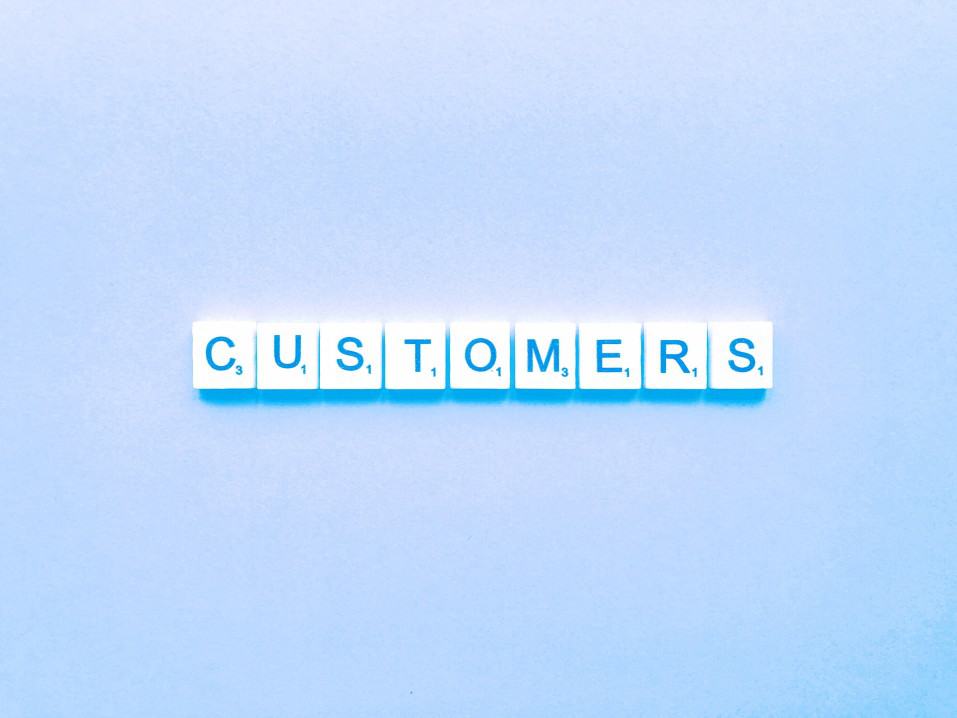It goes without saying that any business at this point needs to have an active social media presence to be competitive, but a lot of business owners don’t really know where to start or how to manage their resources in order to make the most of their online presence. Knowing how to use social media for business is an essential skill in the digital era, but the basics are easy to grasp. And once you do, you can combat fake reviews.
KEY TAKEAWAYS:
- Starting with a plan and outlining clear goals and a timeline to reaching them is a crucial part of your business’s social media approach.
- Studying your competitors’ social media campaigns to find out what’s worked and what hasn’t worked for them- and applying those lessons to your approach- is key to a successful campaign.
- Taking inspiration from the social media campaigns of businesses outside of your industry can lead to more creative, original approaches that will stand out in your industry.
Following a number of simple guidelines and plans will help you decide the best approach for your business’s online presence and to make the most of the massive influence of social media.
Social Media for Business
The easiest way for any business regardless of scale to determine its social media approach is to follow a number of simple steps.
Form a Plan
Creating a Facebook, Instagram, or Twitter account is easy and free, and while it can be tempting to jump in blind just to establish a social media presence as quickly as possible, but like anything in business, enthusiasm combined with a clear strategy is a recipe for success, so before you start a flurry of Facebook posts, it’s crucial to establish a social media plan.
Define Your Goals
Defining what your goals for a social media strategy are is an important first step- one popular mnemonic tool for conceptualizing this and can be used as a guide is the SMART framework, an acronym for Specific, Measurable, Attainable, Relevant, and Timely. Goals for your social strategy could be anything from driving new customers to your business to increasing customer engagement rates via online reviews. Remember that the goals for your Facebook campaign shouldn’t necessarily be the same as they are for your Twitter campaign- the platform defines the parameters of your goals as much as anything else.
Related: Learn how to use social media for business.
Understand and Research Your Competitors
Looking at what your competitors are doing with their social media and, just as importantly, seeing what’s working for them on various social platforms and what isn’t is a key part of designing your approach. While it’s not good for engagement to outright copy the effective strategies of other businesses, finding inspiration from their successes and lessons in their missteps is an important part of creating your business’s voice.
Look Into Successful Strategies Outside Your Market
Don’t limit your research to your own market- taking inspiration from successful social media approaches in other industries can lead to a more original and creative campaign that will stand out in your industry.
Determine the Best Platforms for Your Business
Not every social media site is an ideal fit for your business. Research what social networks are the most popular in your industry and which may not be worth your time at all. Then look at what’s worked best for each platform in terms of approach and decide which one will be the primary focus of your campaign plan based on the above factors. Keep in mind also that the social media channel with the most active users in one industry may not be ideal for yours.
Remember that what worked for one competitor in one particular platform may not necessarily work for you, though knowing that information is nonetheless crucial.
Related: Learn from their mistake: Sunday Riley fake reviews.
Make a Social Media Content Calendar
Once you’ve defined your goals, come up with an outline for your plan, and do as much research as possible on successful (and unsuccessful) campaigns both inside and outside of your industry, it’s time to come up with a finalized plan for your social media marketing strategy and specific campaign.
Make a social media calendar, defining clear goals and specific dates for meetings each goal and which social channels those goals apply to. Keep the calendar in clear view and make it as accessible as possible to everyone on your team- a physical copy on the office wall is a good idea.
Finally, don’t be adverse to using social media management tools, especially if you’re running social campaigns in-house. These social media tools can be anything from browser extensions to third-party software- some of which are free or low-cost.
F.A.Q.S
What are the disadvantages of using social media for your business?
Though a social media presence and organized campaigns are crucial for any business, there are some drawbacks, primarily the large upfront investment in running a professional campaign (especially through a third party), and an increased possibility of bad publicity.
Which social media platform is best for business?
The answer can vary significantly depending on the industry- online vendors of handmade goods will find Pinterest far more useful and effective than many other kinds of businesses, for example- but Facebook has by far the largest audience and gives a business the largest variety of customization options for their campaign, and thus should be a central part of any business’s social media approach.
What should your budget be for social media marketing?
While an actual number will vary greatly depending on the size of the business and the industry it’s a part of, the general consensus is that most businesses should dedicate 15 to 25% of their marketing budget on social media- while many businesses will (and should) spend significantly more.
STAT: 69% of consumers report that social media was key to maintaining their relationships with businesses during COVID-19. (source)
STAT: Facebook is by far the most popular social media platform for consumers to interact with businesses on (source)
STAT: A 2018 study found that 54% of social media users look at a product on social media before making purchase decisions (source)
REFERENCES:
- https://www.sciencedirect.com/science/article/pii/S1877050917301047
- https://www.tandfonline.com/doi/full/10.1080/23311975.2020.1870797
- https://www.youtube.com/watch?v=-tdFvJLw2UQ&ab_channel=NeilPatelr
- https://en.wikipedia.org/wiki/Social_media_marketing
- https://www.youtube.com/watch?v=PKUn7wU5sIc&ab_channel=LatashaJames
- https://digitalcommons.uri.edu/cgi/viewcontent.cgi?article=1001&context=tmd_major_papers





























![Best Amazon Review Checkers in [year] 22 Best Amazon Review Checkers in 2026](https://www.gadgetreview.dev/wp-content/uploads/best-amazon-review-checker-image.jpg)
![Best Renters Insurances in [year] 23 Best Renters Insurances in 2026](https://www.gadgetreview.dev/wp-content/uploads/best-renters-insurance-image.jpg)